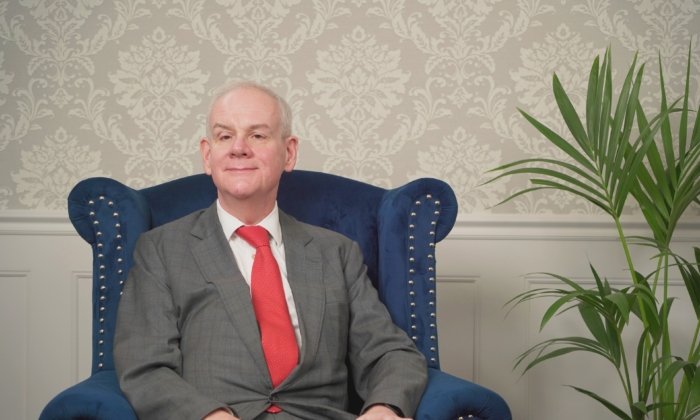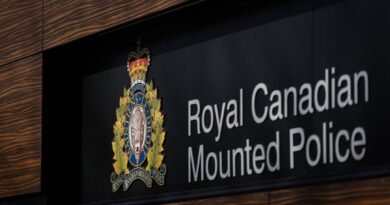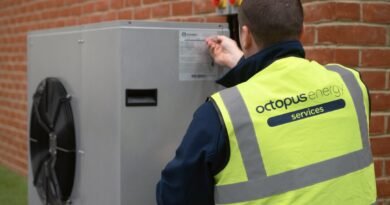Parliament Lacks Clarity on the Operational Framework of the Online Safety Bill, Lord Moylan Asserts
MPs and peers have no idea how rules in the Online Safety Bill will operate in detail because the power to make decisions will be given to Ofcom, say Conservative Peer Lord Moylan.
Speaking to NTD’s “British Thought Leaders” programme, Lord Moylan questions how the bill may hurt the UK’s reputation as a “hotbed of technological innovation.”
He also argued that handing powers to “independent and unaccountable” regulators is a “hopeless set-up for in a democratic society” and “totally offensive to democratic principles.”
Touted by the government as the World’s first online safety laws, the bill gives Ofcom, the communications regulator traditionally responsible for regulating sectors including TV, radio, fixed-line and mobile phones, and the postal services, power to regulate the internet.
If the bill becomes law, social media platforms, including user-to-user service providers, will have the duty to proactively police harmful illegal content such as revenge and extreme pornography, sex trafficking, harassment, coercive or controlling behaviour, and cyberstalking.
Whatsapp, Signal, and have threatened to withdraw their messaging services from the UK if the bill is implemented as written because the bill provides no explicit protection for encryption.
The bill could “empower Ofcom to try to force the proactive scanning of private messages on end-to-end encrypted communication services, nullifying the purpose of end-to-end encryption as a result and compromising the privacy of all users,” the heads of Whatsapp, Signal, and a number of other services said in an open letter in April.
But the government has insisted that end-to-end encryption “cannot be allowed to hamper efforts to catch perpetrators of the most serious crimes.”
Disproportionate and Ineffective
Lord Moylan said while the intention to protect children is “laudable,” he doesn’t believe seeking to “regulate the entire internet is a proportionate or effective answer to that particular problem.”
Commenting on the big tech’s threats to withdraw services, Lord Moylan suggested they should be taken seriously.
The regulators seem to think Britain is “so important” as a market that “none of these companies will ever withdraw from operating here,” he said.
“I think the end-to-end encryption stick is so valuable to some of these companies like WhatsApp and Signal that they would feel they would lose more business in the rest of the world if they gave in to Britain.”
He warned that the UK may be “in danger of ending up in a little enclosed Island” like China is behind its internet firewall.
An interesting question, he said, is how the bill will “affect Britain’s reputation” while Prime Minister Rishi Sunak is “so keen on as a hotbed of technological innovation.”
While Britain is a “huge attractor of tech investment,” most social media companies are “very mobile” and can move anywhere, he said.
Lord Moylan rebuked the argument that innocent people have nothing to hide, saying the argument is “completely topsy turvy.”
Innocent people “should be defending their liberties more than anybody else” because the liberties will “soon go” if they don’t, he said.
“Would you mind people routinely listening to phone calls? Would you mind people routinely having cameras in your house to be able to monitor what you’re doing?” he asked.
“Certainly, most people will say, well they can’t have cameras in the bedroom. They can’t have cameras in the bathroom. Unless it’s Gogglebox, they can’t have cameras in the sitting room. And no, I don’t want my telephone calls being monitored and listened into randomly without any warrant or excuse.”
While people can have different views on whether they need secure messages, Lord Moylan said, “I think the idea that anyone would say, ‘No, no, no, there’s no right. There’s no private space if you’re an innocent, open, honest, harmless person.’ I think the number of people at that end of the spectrum would be very small when they thought about it. Most people wouldn’t agree with that.”
Lord Moylan also said the bill, which had been described as a “Twitter-shaped bill,” leaves the room for other services like Wikipedia to be dragged in and be required to vet their content before publication, which they don’t have the capacity to do.






